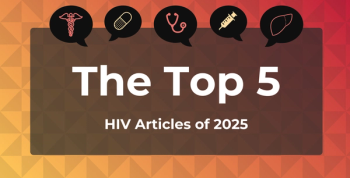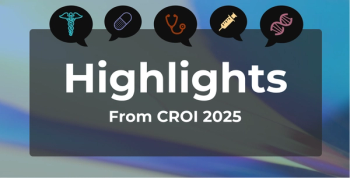
AJMC Health IT Issue: It's Not the Systems, It's What You Do With Them
The annual health information technology issue (IT) of The American Journal of Managed Care looks at the purpose for the decade-long move away from paper to technology-based infrastructure: better delivery of care to populations. As special guest editor Dr. Joshua R. Vest and other authors note, there is progress, but we’re not there yet.
FOR IMMEDIATE RELEASEDecember 20, 2016
PLAINSBORO, N.J.—The point of health information technology (IT) isn’t the technology—it’s to change how we think about healthcare delivery, and by that measure there’s a long way to go, according to the
Starting with a
To maximize the opportunities of technology, Vest and his co-authors write, health systems must be bolder and must do it quickly. “Opportunities exist to align health IT resources and population health management strategies to fill the gaps among technological capabilities, use and emerging demands of population health,” they write. “To realize this alignment, healthcare leaders must think differently about the types of data their organizations need, the types of partners with whom they share information, and how they can leverage new evidence based partnerships for evidence-based action.”
Other articles in the issue show that while there are health IT successes, there is a growing gulf between the leaders and those lagging behind:
· A. Jay Holmgren, BA; Vaishali Patel, PhD; Dustin Charles, MPH; and Julia Adler-Milstein, PhD, write that 21 percent of US hospitals were engaged in all four domains of
· A study led by Christopher A. Harle, PhD, found that
· A study by a team from Johns Hopkins Bloomberg School of Public Health showed that
· On the positive side, Massachusetts is using health IT to monitor its HIV population, 86 percent of whom have achieved viral suppression. The goal is to use health IT to carefully track the
About the Journals and AJMC.com
The American Journal of Managed Care is the leading peer-reviewed journal dedicated to issues in managed care.
Newsletter
Stay ahead of policy, cost, and value—subscribe to AJMC for expert insights at the intersection of clinical care and health economics.









